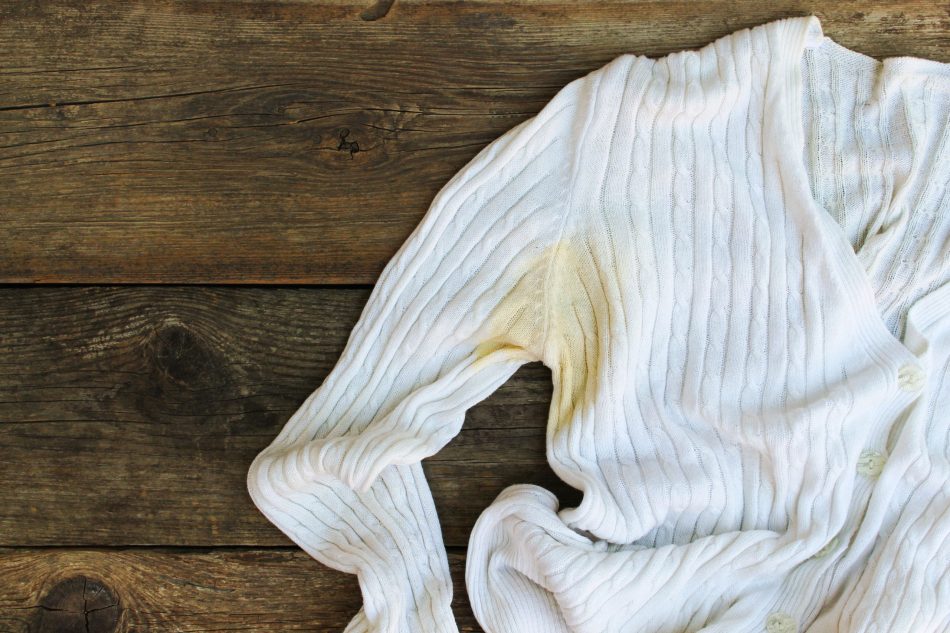
Designers turn unrecyclable clothes into high-quality textiles
One of the biggest environmental concerns regarding textiles is that most of them are difficult to recycle once they reach the end of their use. This is because these materials typically contain a variety of types of fibers, quality levels, and colors, which makes sorting difficult on an industrial Read More...

This designer supports local farms by making eco-friendly kitchen textiles
Making your kitchen more sustainable goes beyond wasting the least amount of food possible. It also involves ensuring that the products you use on a daily basis in the heart of your home have a minimal footprint on the environment. In a bid to help people make their kitchens more eco-friendly, Read More...

MIT scientists recycle plastic bags to develop a new sustainable fabric
Plastic grocery bags are one of the most pernicious types of plastic waste. Now, scientists say they have developed a technique that could recycle plastic bags into the fabrics of the future. MIT researchers have come up with a method that can transform polyethylene into lightweight fabrics that Read More...

Get paid for sending old, shabby clothes to this fashion brand
More consumers are moving away from fast fashion in favor of purchasing clothes from thrift shops and businesses that prioritize the well-being of the planet above their profit margins. But where you get your fashion fix is only part of the environmental problem when it comes to Read More...

Learn your fabrics: Which textiles are friendliest to the environment
Learning more about the production process that goes into making fabrics and where they go after use can go a long way if you’re seeking to minimize the environmental impact of your wardrobe. The following guide to fabrics is hardly comprehensive, but it’s a good introduction to points worth Read More...


